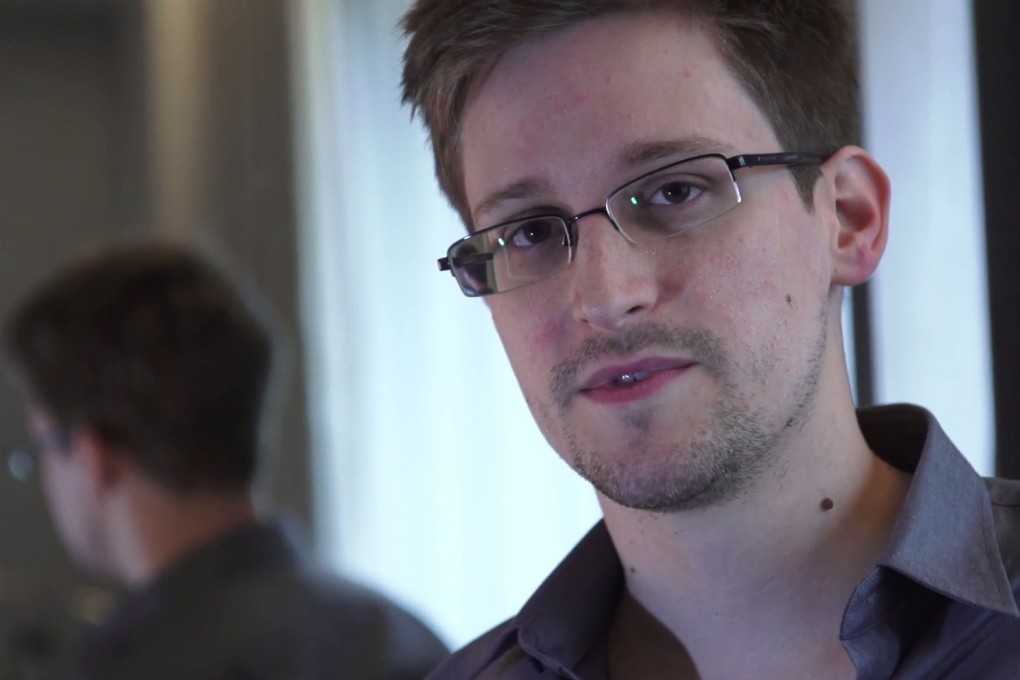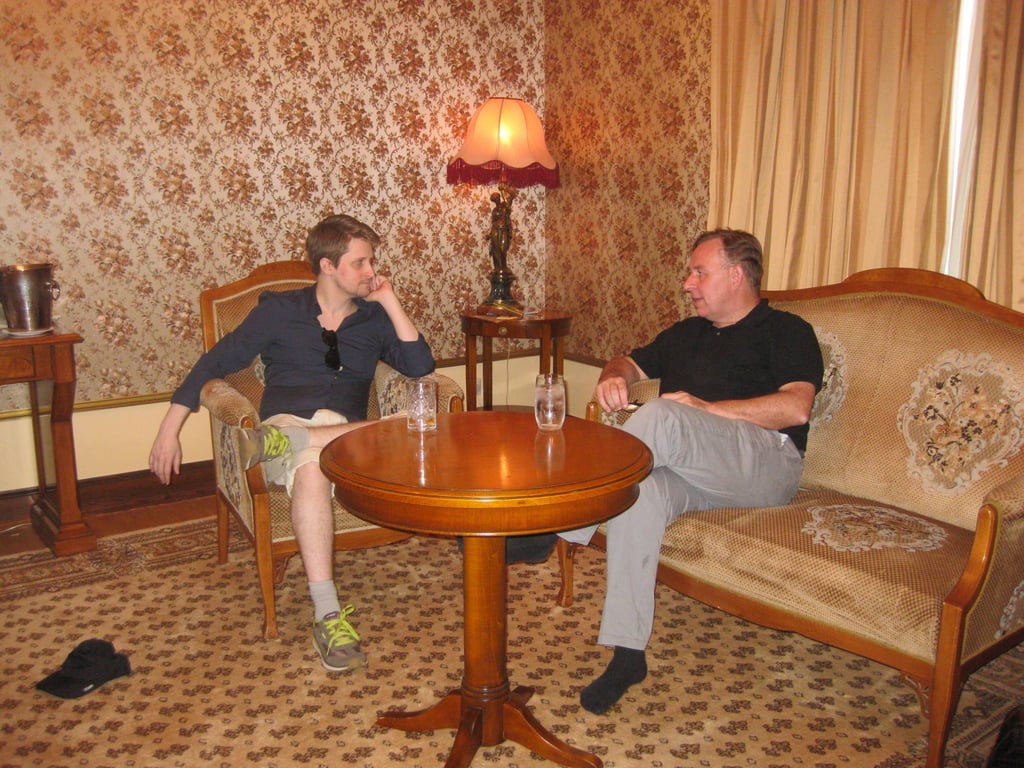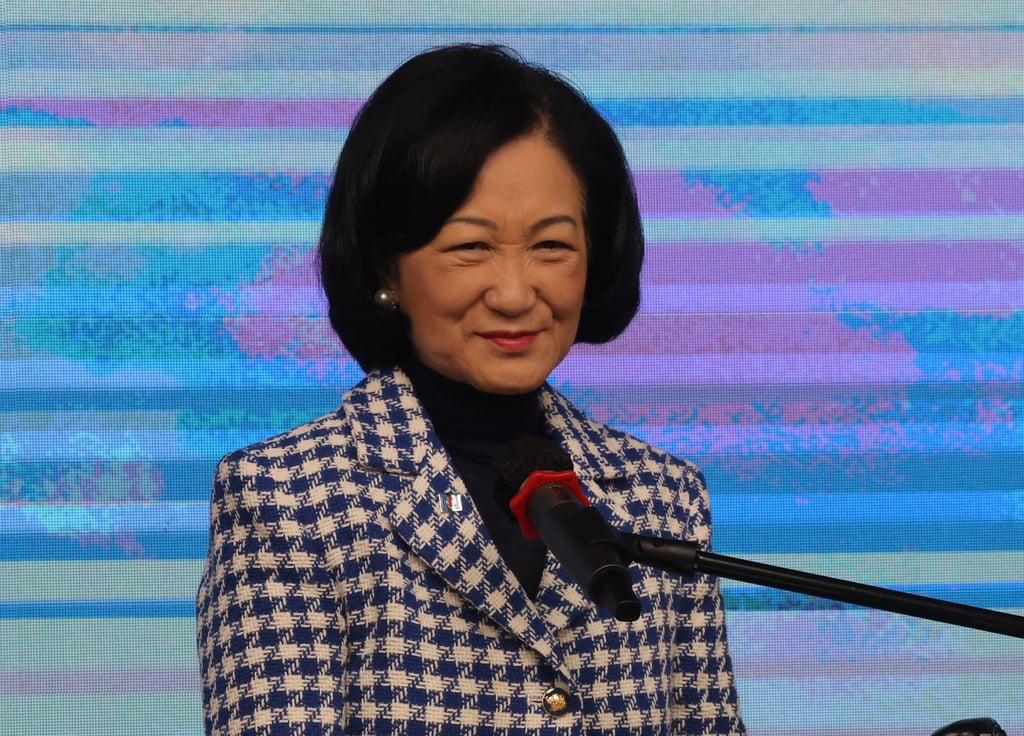Whistle-blower Edward Snowden chose Hong Kong to expose US in 2013, but would perceived lack of press freedom under national security law stop him today?
- Former security chief Regina Ip brushes aside lawyer’s claim that law deters whistle-blowing
- ‘I’d do it all again,’ says former asylum seeker who helped Snowden stay undercover in Kowloon

Whistle-blower Edward Snowden used Hong Kong to launch the world’s biggest intelligence leak a decade ago, but others would not be able to do that today because of the government’s tightened grip on media in the city, according to his former lawyer.
Speaking on the 10th anniversary of the explosive leaks which revealed the United States’ global spying activities, Canadian lawyer Robert Tibbo said the national security law introduced in 2020 had made the city “a place where whistle-blowing is almost impossible”.
“It is a real possibility that if Snowden were to happen again, reporters and anyone who helps him in Hong Kong would be arrested and charged under national security law,” he said.

They could be accused of collusion with foreign forces, one of the offences under the law which also prohibits acts of secession, subversion and terrorism. “The law is far too broad and ambiguous,” he said.
Rejecting such fears, former security chief Regina Ip Lau Suk-yee argued that laws in the city were far less stringent than in other parts of the world and that freedom of expression was not under threat locally.
“I don’t think any whistle-blower will be in jeopardy in the future, unless they are involved in an offensive against China,” she said. “If Snowden comes again, he’ll be free to spill the beans about the US or any other country.”

Snowden, 39, is a former US National Security Agency employee who leaked thousands of highly classified documents which exposed how the US spied on its own citizens, world leaders and countries around the world.